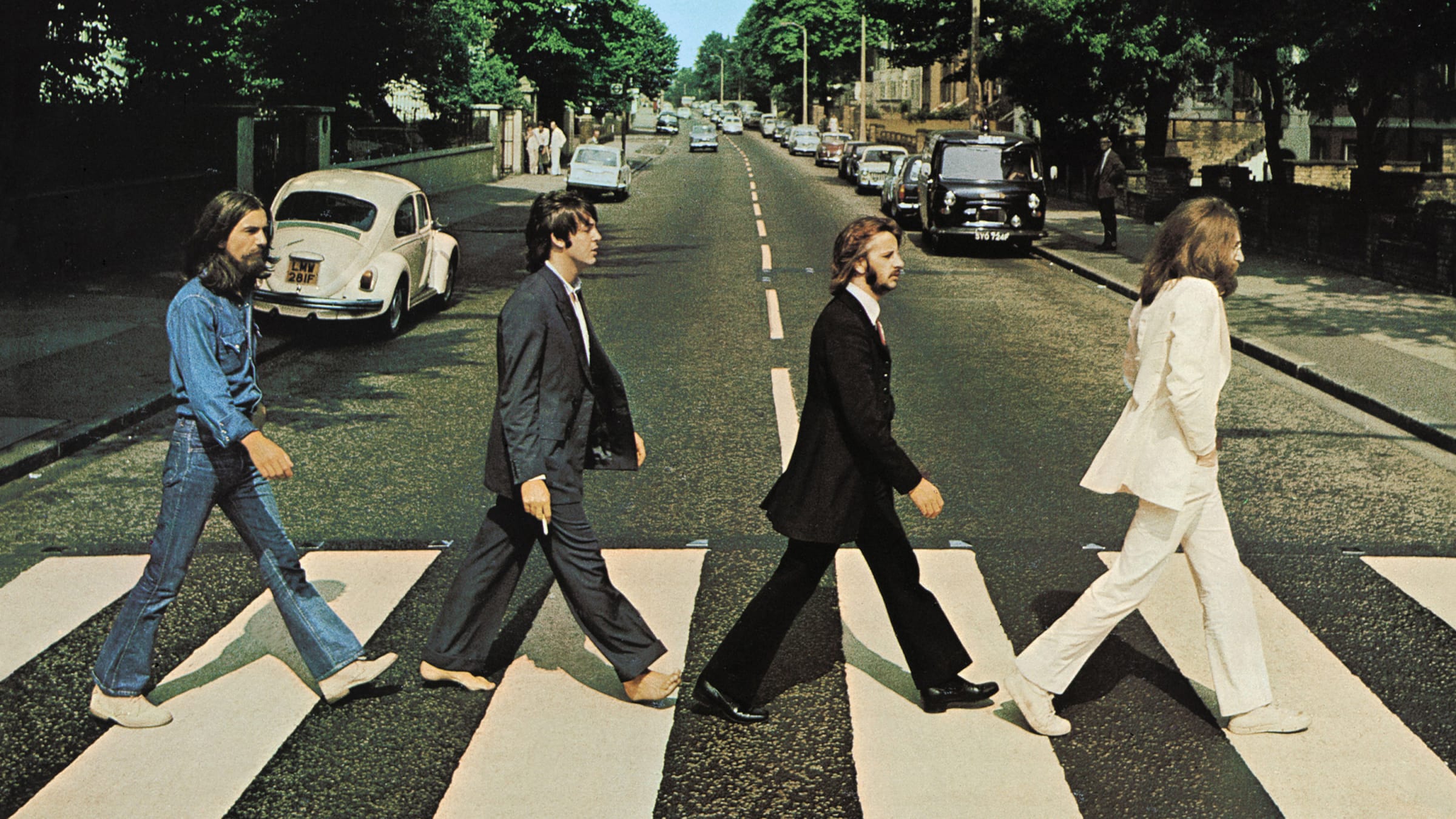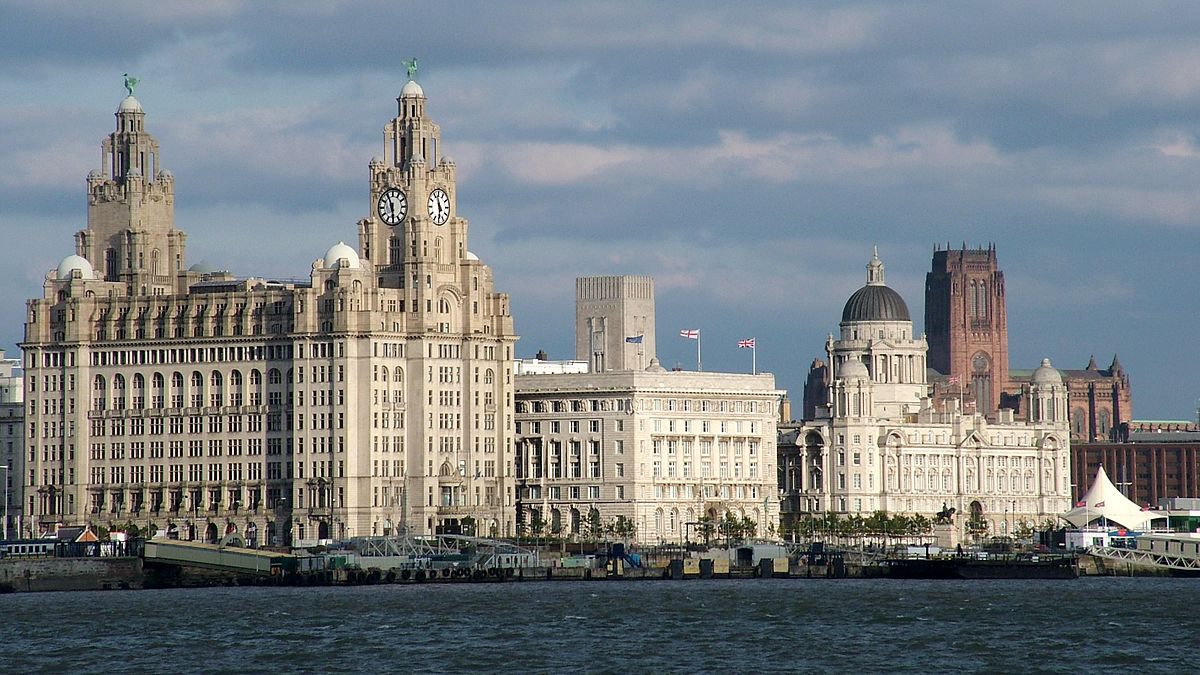Some of the Pictures and the inspiration for this piece came from
Garston, Merseyside, Past and Presentand Facebook correspondents from around the world dedicated to family like Majad Mzjaje. This is just a short piece composed on a bank holiday but I would like to expand this and thought this could be a "framework" where other present and former Garston residents might like to propose additions.
They all had a different something, often a smell, the Tannery was the most pungent. I remember the Bottle works and the Bobbin Works (were they the same place?). People would bring home strange shaped bottles which sometimes became ornaments. Odd shaped pieces of wood also appeared in the houses of friends and relatives. My Mum used the odd looking bottles for flowers that she grew in her Windfield Road "Hollywood" garden. Mum (Winnie Murray) had grown up in that house, joined the Army, married my father only to lose him in an accident a year later. Despite an ailing father and mother she qualified as a nurse, nursed her father and mother, married again aquiring three more chilren before she and new husband Les Curtis had a child of their own. Windfield Road and the estate around it were council houses built to very high standards with gardens front and back and "almost" inside toilets. Built in the 1930's, denizens of more traditional Victorian housing nearby would call the estate Hollywood as a result of its comparative opulence. My maternal Grandfather, Patrick Murray, was the first tenant at 67 and the family remained there until I had left to join the RAF in the early 70's.
 |
| The Tannery |
The Matchworks felt the most self contained and permanent place along with the Docks. I could see the Matchworks field and distant factory from Holy Trinity playground and, of course, the eternal presence (seemingly) of the Gasworks immediately and noisily adjacent on the other side.
Growing up in Garston, still called to this day Garston Village or Under The Bridge Garston or even "Home to the Mud Men"; was an earthy, human and rich experience.
 |
| Patrick Murray 1911 |
My Grandfather (my first surrogate Father, my own died the month I was born) worked on the docks. He had built (I thought at the time single-handedly) Queens Drive, won the Irish Grand National (still checking this one out) and was born and raised on Elphin Street, Strokestown, County Roscommon. He drank in the Clarence at the top of York Street (where he would deposit me on the step) en-route from the bookies having already collected his wages/pension. I owe him my faith and a belief in honour, romance, love of Ireland, fairness and humour.
.jpg) |
| Bertha & Jimmy Brind 1933 |
 |
| Aunty Jessie |
My second surrogate was Uncle Jimmy (Robert) Brind, my Grandfathers sisters (Aunty Jessie) son, he worked as a painter and decorator. Uncle Jimmy was a scandal to my more conservative Grandfather being, not only a non Catholic, but a spiritualist and a Socialist, nearly, Granddad would say, a Communist! Jimmy taught me my politics from a very early age and made me my first fort more importantly (at the time). He had grown up at 33 York Street, (York Street connected Windfield Road to Window Lane and also contained our two nearest corner shops). York Street was built between 1861 and 1871. By the time I knew Jimmy he was living with Bertha and all their kids off St Mary's Road in a wonderful rambling place. They lived upstairs in the Summer and downstairs in the Winter. Its gone now replaced by a Supermarket. My Mother loved these warm and compassionate people and so do I. I am still in touch with the Brind's. From Uncle Jimmy I learned that the world is always more and better than it seems and that God really is everywhere and no one faith contains all of Him/Her. Also faith is no excuse for inactivity and justice must be won in this world first. He also taught me the importance of humour and everybody loved him and Bertha. She was the great and gentle believer in nature and that all the kingdoms, human, animal, plant and the very earth we walk had a special life force. It was at her funeral I last heard Uncle Les Curtis sing in his wonderful tenor voice.
 |
| SS Lucania launched in 1909 |
 |
| The Dock Road as Paddy Murray would have known it in the 60's. |
Uncle Eric Curtis of 75 Lucania Street (off Window Lane, our local shopping Centre) worked first at the Bobbin Works and then the Bottle works for centuries. His brother Les and husband to my Mother was my third surrogate Father (and made a very good one). He gave me a love of classical music, brass bands, singing and the Goons. He made it to the Albert Hall to sing in the 1980's as part of the Liverpool Male Voice Choir. He had one of the finest and purest voices I have ever heard. He taught me the value of hard work and a healthy sceptical approach which he applied to religion. While I never agreed with his atheism I have rarely encountered a more caring person beneath a tough exterior. The respect for his views that I learned also guide me today to respect those secularists who can be allies of the fight for social justice and make them friends with Christians, Muslims and Jews rather than in pointless conflict. His favourite piece of scripture (he was quietly very well read) was the story of the Good Samaritan. He said he was waiting for Christianity to live up to that story. He also taught me the value of humour (well these are all Liverpudlian or Irish people so they would value humour ;-). Uncle Les's other brother was Griff, named after his maternal Grandfather, and he lived with Eric on Lucania Street. I would run messages for him on a Saturday morning. Griff was by then the house mate and he and Eric had decided that Eric would work to bring in the money and Eric would do all the domestics. They were two very happy bachelors who had enjoyed relationships but decided marriage was not for them (they gave many reasons for this, too many and far too much for this short piece that my wife will undoubtedly read). The money they paid me would buy my first bike but meanwhile Griff would loan me his cast iron one, I rode it all over North Wales and Cheshire on it. I recently found out that many of the streets along Window Lane had been named after ships that had been built in Merseyside. The Lucania was launched in 1909 and Lucania Street appears for the first time in the Census of 1911. Oddly, there is no listing for 75 but there is evidence of members of Uncle Eric's mothers family living on the Street. It may be that the Roberts are in the process of moving in in 1911.
 |
| 18 Derby Street in 1911 |
 |
| Bobbin Girls 1912 |
In 1911 his Mother, Elizabeth Roberts, is living at 18 Derby Street with her parents including the legendary Griffith Roberts her Father. A grandfather Uncle Les would describe as a fierce-some figure and a senior Orange Order Member. I think that the song the
"Orange & the Green" was specially written for my parents coming as they did from such diverse strands of Christianity. Elizabeth, with two of her sisters, are working at the Bobbin Works. I do remember talk of jobs being passed to family members as a norm in those days particularly the Docks so perhaps this family connection helped Eric start there after the War. I should mention that Eric and Griff served in World War Two. Eric was, I think, Infantry and Griff drove ambulances. They both had wonderful stories to tell and Eric gave me a Zeus Icon German Army field camera (my first, my second was a Kodak Instamatic). Uncle Jimmy first described the "Tally System" that applied at the docks when my Grandfather started there I think in the late 20's. The foreman would throw a tally in the direction of the men that he liked who would catch it and get work for that day. Other men would fight each other to get the "spare" tallies. It was practises such as these that led to the need for a trade union movement on the docks. Uncle Jimmy was, of course, a strong supporter of unions and co-operatives.
 |
| Fr Darragh & The Under Tens 1963 |
 |
| Mr Logan |
 |
Staff at Blessed John Almonds with
Mr McGuiness far left seated |
The other "world of work" for me of course was school. Holy Trinity, where my Mother had gone and at least one teacher was still teaching from her time (sadly the name has faded from memory although I can still see her face). Mr Logan was Head, Mr Riley my last form teacher and I also remember Mr Kelly. These guys were deeply committed Christians who rarely used the cane but whom you would not dream of disobeying. They had a presence. Mr Logan took us off to the Isle of Man giving up two weeks of his own holidays year after year. Kids who would not have had a holiday went and some of us had two! He also arranged a cruise of Spain, France, Portugal and Morocco. We nearly sank in the Bay of Biscay but it was a wonderful adventure which confirmed in me at least a desire to see the world. School and Church were completely intertwined and in a good and positive way so my first Parish was Holy Trinity Church. I was baptised there by Dean Moffitt but don't remember him. The first priest I can remember was the saintly Fr Darragh whom everybody loved. I became an alter boy and was twice sacked and twice forgiven for rowdiness. My last conversation with Fr Darragh was when home on leave in the mid 1970's he invited me into the priests house for a whiskey after Sunday Mass. I think this was my first malt. The conversation ranged through Greek philosophy to modern politics and culture. I had no idea that Fr Darragh was an Oxford educated Greek scholar. Despite his fitness for "greater things" he told me he was doing those greater things, "I could have no better job than this Garston ministry" he said. I have often wondered what work the Church had him doing before Garston.
Blessed John Almonds was also a wonderful experience for me and I enjoyed the company and conversation it brought. In fact I was a late developer and only after acquired the education I would need but they gave me a thirst for knowledge that I have never lost. I still talk by phone to 93 year old Mr McGuiness who with Sister Anne is reckoned to be the last survivor of that era.




















.jpg)

















